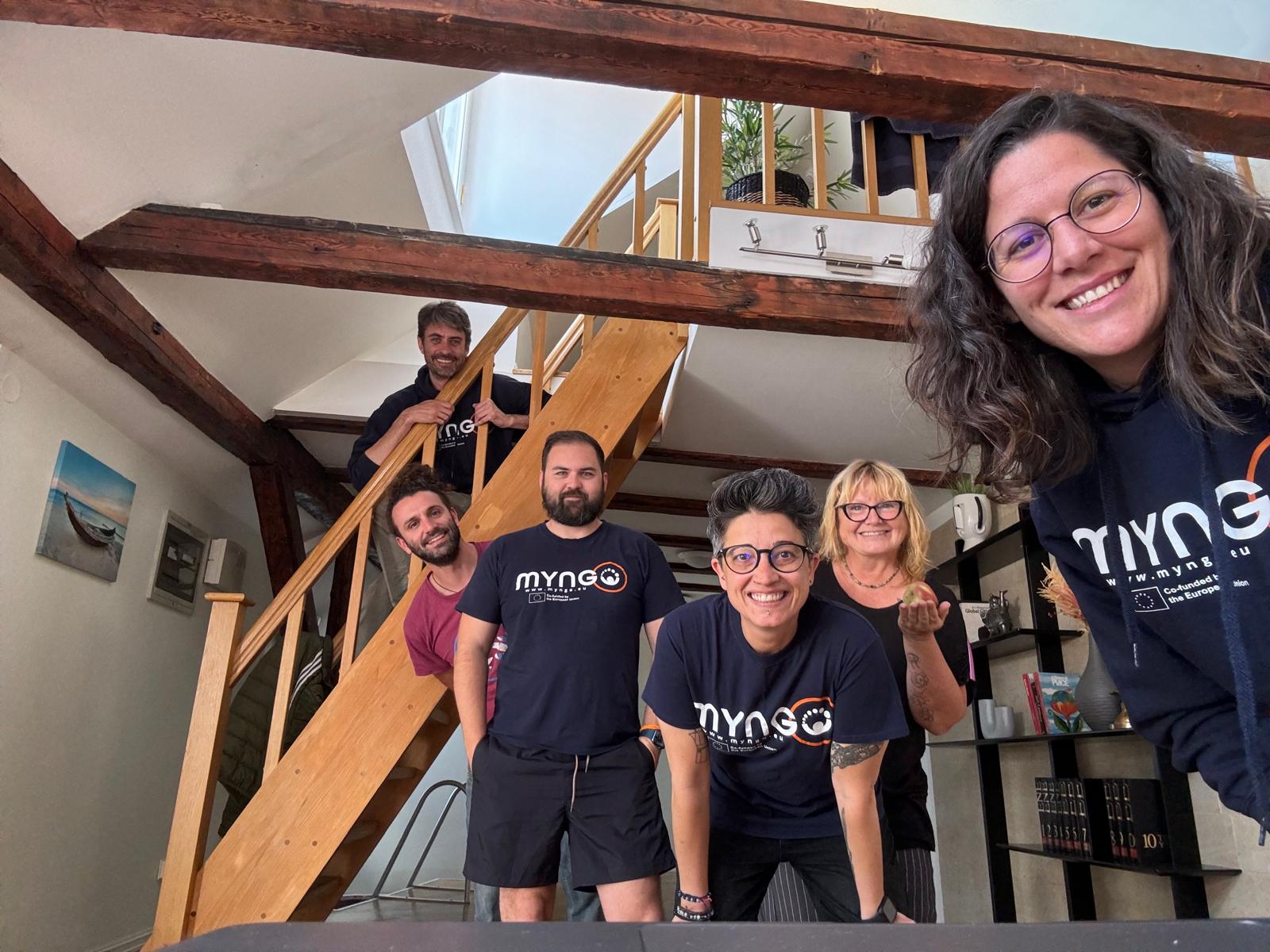In an era dominated by technology, the landscape of youth work is evolving rapidly. With the integration of online tools into various aspects of our lives, the youth work sector is no exception. While these tools offer unprecedented opportunities for engagement, education, and outreach, there are understandable fears associated with their adoption, especially for those who have yet to explore their potential. In this article, we’ll delve into the common fears surrounding the use of online tools in youth work and explore ways to overcome them.

1. Fear of the Unknown:
One of the primary fears individuals may face when considering the use of online tools in youth work is the fear of the unknown. For those unfamiliar with these technologies, the prospect of navigating through a multitude of platforms and applications can be daunting. The solution lies in education and training. Organisations should invest in comprehensive training programs to equip youth workers with the skills and knowledge needed to confidently utilise online tools.
2. Concerns about Privacy and Security:
Privacy and security concerns are prevalent in the digital age, and they are particularly heightened when dealing with vulnerable populations such as youth. Organisations must prioritise data protection and privacy measures, implementing robust security protocols and educating youth workers about best practices in handling sensitive information online. Establishing clear guidelines and policies can help alleviate fears and build trust among stakeholders.
3. Lack of Personal Connection:
Traditional youth work often emphasises the importance of personal connections and face-to-face interactions. The fear of losing this personal touch can be a significant barrier to adopting online tools. However, these tools can complement, rather than replace, in-person engagement. Video calls, online forums, and social media platforms can be powerful tools for maintaining and even enhancing personal connections with young people.
4. Technological Barriers:
Not everyone is technologically savvy, and the fear of grappling with complex software or hardware issues can be a legitimate concern. Organisations should prioritise user-friendly platforms and provide ongoing technical support to address any challenges that may arise. Encouraging a culture of collaboration where experienced users can assist those less familiar with the technology can also foster a supportive environment.
5. Balancing Screen Time:
Concerns about excessive screen time and its potential negative impact on the well-being of young people are valid. Striking a balance between online and offline activities is crucial. Youth workers should design programs that promote healthy screen time habits, incorporating a mix of online and offline activities to ensure a holistic approach to youth development.
While the fears surrounding the use of online tools in youth work are understandable, they should not hinder the adoption of technology that can greatly benefit both youth workers and the young people they serve. Through education, robust security measures, and a thoughtful approach to technology integration, organisations can empower youth workers to navigate the uncharted waters of online tools and unlock new opportunities for positive impact and engagement in the lives of young people.
Overcoming Challenges: Strategies for Successful Integration
Embracing a Culture of Adaptability
The ever-evolving nature of technology requires youth workers to cultivate adaptability. Acknowledging that mistakes may happen and that there’s a learning curve is essential. Foster a culture that encourages experimentation and learning from experiences. By promoting a growth mindset, organisations can empower youth workers to embrace technology as a dynamic tool for positive change.
Building Digital Literacy Among Youth
To ensure that young people benefit fully from online tools, it’s crucial to address the digital literacy gap. Design programs that not only engage youth in various online activities but also educate them about responsible digital citizenship. Empowering young people with the knowledge to navigate the online world safely can transform the narrative from fear to empowerment.
Incorporating Feedback Loops
Creating an open feedback loop between youth workers, young people, and technology providers can be instrumental in addressing concerns and improving the effectiveness of online tools. Regular check-ins, surveys, and forums for constructive feedback allow for continuous improvement. This collaborative approach ensures that the tools used align with the needs and preferences of both youth workers and the youth they serve.
Showcasing Success Stories
Highlighting success stories of youth work initiatives that have effectively utilised online tools can be a powerful motivator. Real-life examples not only demonstrate the positive impact of technology but also serve as inspiration for those who may still harbour reservations. Celebrating achievements can install confidence and encourage a more widespread adoption of online tools in the youth work sector.
Fostering Community Engagement
Online tools provide an unprecedented opportunity to broaden the reach of youth work initiatives. By leveraging social media, virtual events, and online forums, youth workers can connect with a wider audience. Fears of isolation and disconnection can be mitigated by actively fostering a sense of community through digital platforms, creating spaces where young people feel heard, supported, and connected.
Collaborative Partnerships with Tech Experts
Establishing partnerships with technology experts and organisations can alleviate the burden on youth workers who may not be tech-savvy. These collaborations can provide valuable insights, resources, and technical support. By leveraging the expertise of those well-versed in the digital landscape, youth workers can navigate challenges more effectively, fostering a smoother integration of online tools into their programs.
Addressing the fears associated with online tools in youth work requires a multifaceted approach., by promoting adaptability, cultivating digital literacy, incorporating feedback loops, showcasing successes, fostering community engagement, and forming collaborative partnerships, organisations can empower youth workers to navigate the digital landscape with confidence and efficacy. The integration of online tools, when approached thoughtfully, has the potential to revolutionise youth work, making it more inclusive, dynamic, and responsive to the evolving needs of young people in the digital age.






